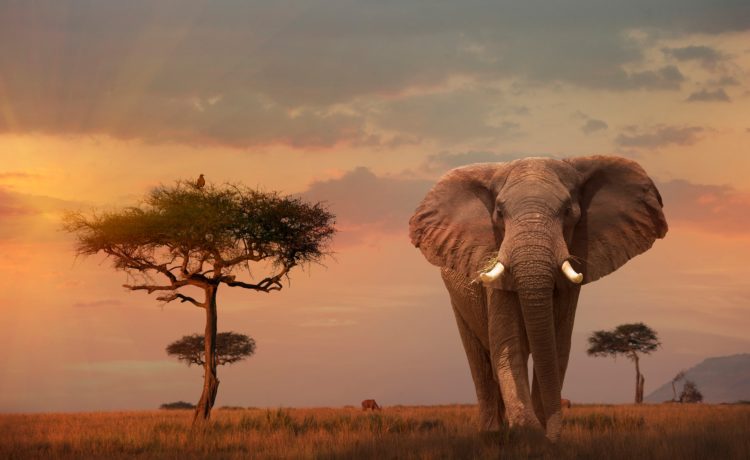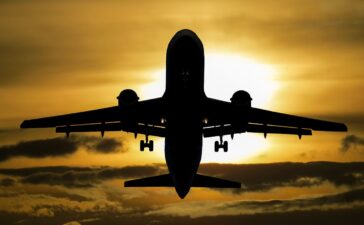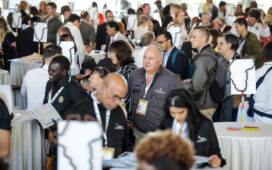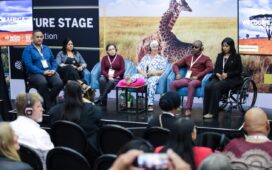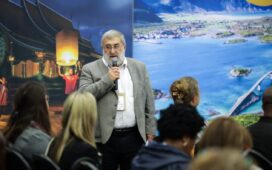Recently updated on September 8th, 2023 at 08:53 pm
Following the lockdown on international travel, camps and safari lodges have been closing in droves, leaving Africa’s iconic wildlife under threat
When I became a travel writer in the Seventies, there was no such thing as wildlife tourism. Safaris back then were the realm of the seriously rich and revolved mostly around trophy hunting.
For anyone involved in conservation, though, it was an exciting decade. In Kenya, George Adamson, of Born Free fame, was rehabilitating lions in what would become the Kora National Reserve. Iain Douglas-Hamilton was working on elephant behaviour in Tanzania’s Lake Manyara National Park, and David Attenborough was filming mountain gorillas for the BBC’s Life on Earth TV series.
All over the world, what later became known as ecotourism was taking root – but Africa was at the forefront. When the decade began, the entire continent was still locked in an age of innocence. Wildlife was abundant in numbers that seem scarcely credible today, and tourism was in its infancy. Even in 1982 there were fewer than a dozen camps and lodges in Kenya’s Masai Mara game reserve…
Following the lockdown on international travel, camps and safari lodges have been closing in droves, leaving Africa’s iconic wildlife under threat When I became a travel writer in the Seventies, there was no such thing as wildlife tourism. Safaris back then were the realm of the seriously rich and …

